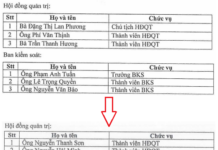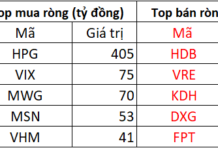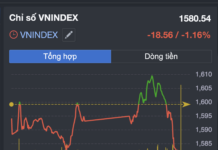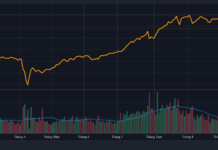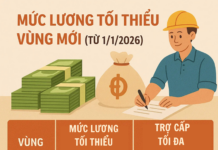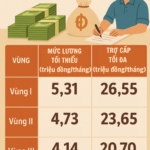Vietnam Social Security (VSS) has announced that the amended Social Insurance Law stipulates that employers must pay social insurance contributions by the last day of the following month if paying monthly, or by the end of the month following the 3 or 6-month cycle for quarterly or biannual payments.

Employers are required to pay social insurance contributions to ensure the rights and benefits of their employees.
If they fail to fulfill this obligation within 60 days, employers will be obliged to pay the full amount owed, along with an additional 0.03% per day calculated on the outstanding amount and the number of days of non-payment, into the social insurance fund.
Failing to pay or paying insufficient mandatory social insurance contributions after 60 days from the deadline, despite reminders from the social insurance agency, will be considered as evading social insurance contributions. As a consequence, employers will be required to pay the full amount owed, plus an additional 0.03% per day calculated on the outstanding amount and the number of days of evasion, into the social insurance fund.
In addition to being compelled to pay the outstanding amount and interest on late payments, this act is also subject to administrative fines or criminal prosecution depending on the severity of the violation.
According to the regulations, individual employers who evade mandatory social insurance contributions but do not meet the threshold for criminal prosecution will face fines ranging from 50 to 75 million VND. If the evader is an organization, the fine will range from 100 to 150 million VND.
Furthermore, Article 216 of the 2025 Penal Code stipulates that those who have the obligation to pay social insurance but deliberately avoid or use tricks to not pay or underpay for 6 months or more, and have been administratively sanctioned for this act but continue to reoffend, will be criminally liable if they evade payment of 50 million VND or more, or evade payment for 10 or more employees.
According to VSS, delays and evasion of social insurance and health insurance contributions are still prevalent, especially in private and small enterprises, significantly affecting the legitimate welfare rights of employees.
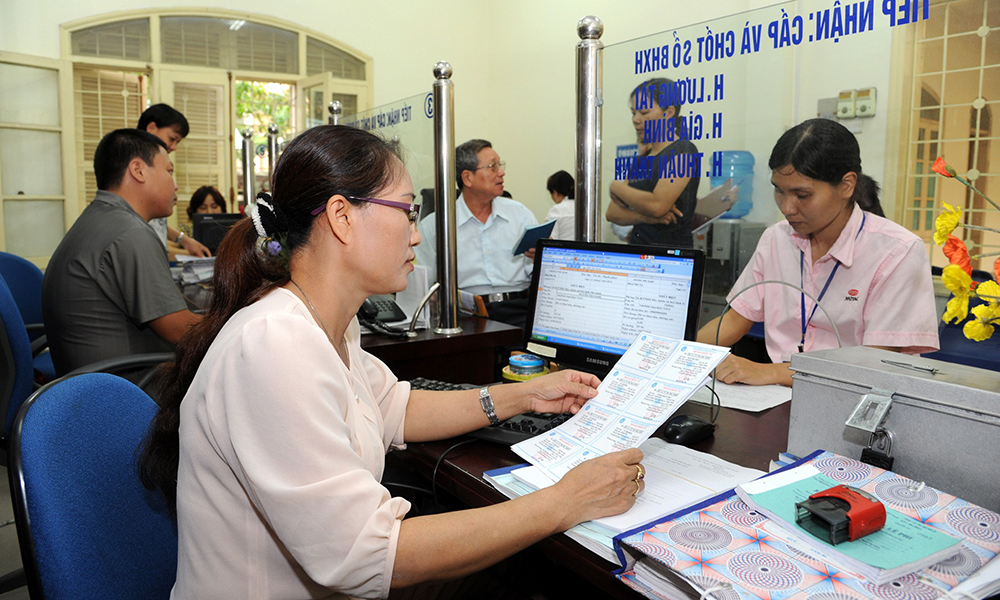
Strengthening penalties to protect the legitimate welfare rights of employees. Illustration
Many violations are becoming more sophisticated, such as creating fake labor contracts to benefit from the fund or deliberately refusing to pay even after being fined.
As of June 2025, the social insurance sector had inspected over 3,200 units, discovering nearly 1,700 uninsured or underinsured employees, with a total amount of over 13.9 billion VND in unpaid contributions. Additionally, 3,400 employees were found to have underpaid contributions, amounting to 5.5 billion VND.
The sector has recovered 44.56 billion VND in late payments, requested the refund of 1.49 billion VND from 943 cases of improper benefit claims, and recovered 4.2 billion VND from health insurance funds for ineligible payments.
The amended Social Insurance Law distinguishes between two types of violations: late payment and evasion of social insurance and health insurance contributions, providing a clear legal basis for handling such cases. Late payment refers to failing to pay or underpaying contributions after the deadline, and failing to establish or providing an incomplete list of insured persons within 60 days from the due date. Evasion involves failing to establish or provide an incomplete list of insured persons after 60 days, and failing to pay or underpaying the registered amount after 60 days from the deadline despite reminders from authorized agencies.
The Power of Persuasive Writing: “Proposed Salary-Based Mandatory Social Insurance Contributions”
The Ministry of Labour, Invalids and Social Affairs is seeking feedback on a draft decree detailing and guiding the implementation of several articles of the Law on Social Insurance regarding compulsory social insurance, including provisions on salary levels for compulsory social insurance contributions.
What’s New in the Social Insurance Law: Understanding Pension Benefits After 25 Years of Contributions
The new Social Insurance Law 2024, which comes into effect on July 1, 2025, introduces changes to retirement pension benefits for those who have paid social insurance premiums for 25 years. But what exactly are these changes, and how do they compare to the current Social Insurance Law?











